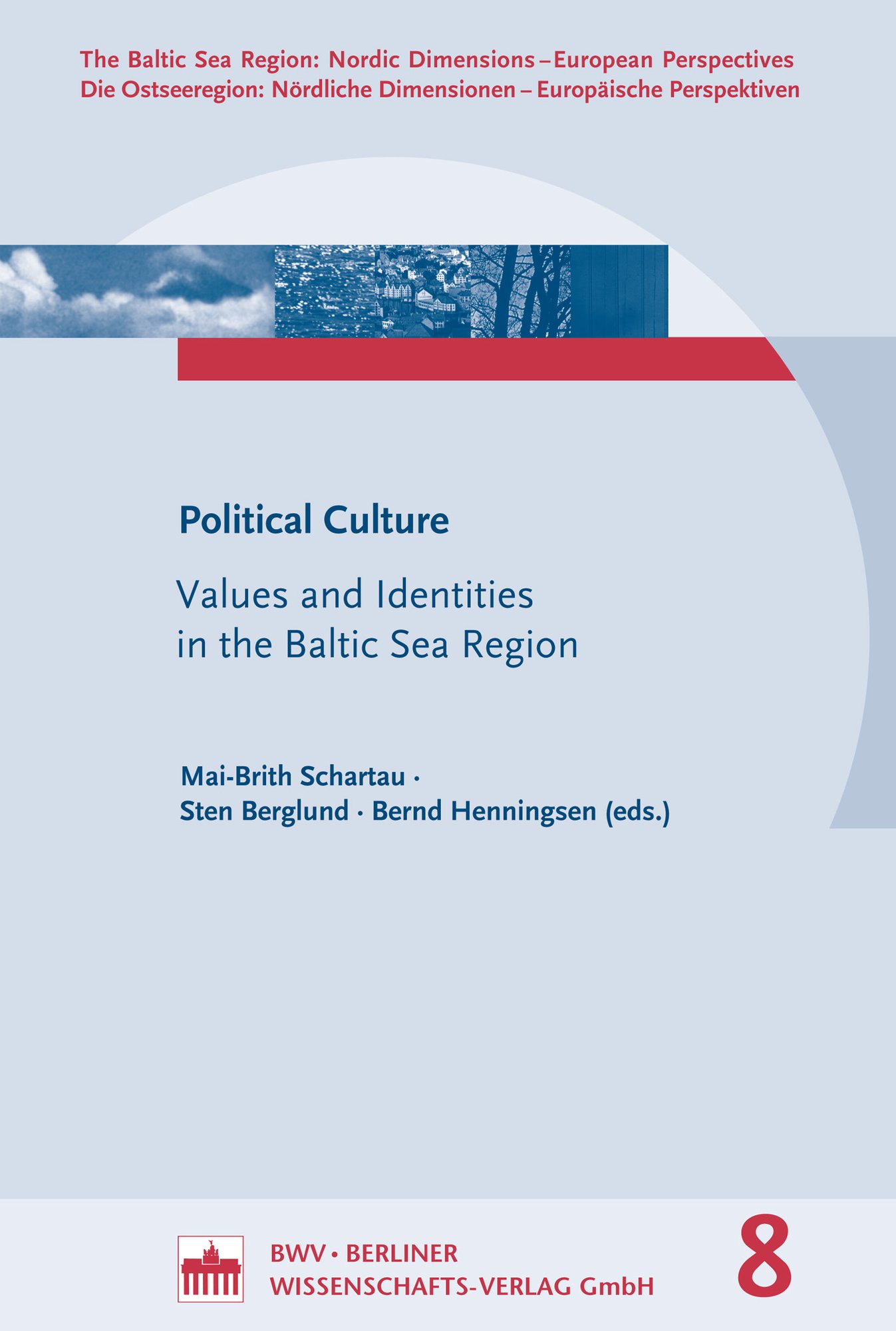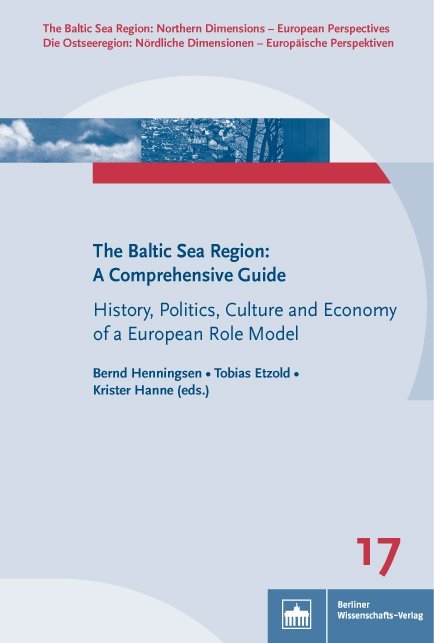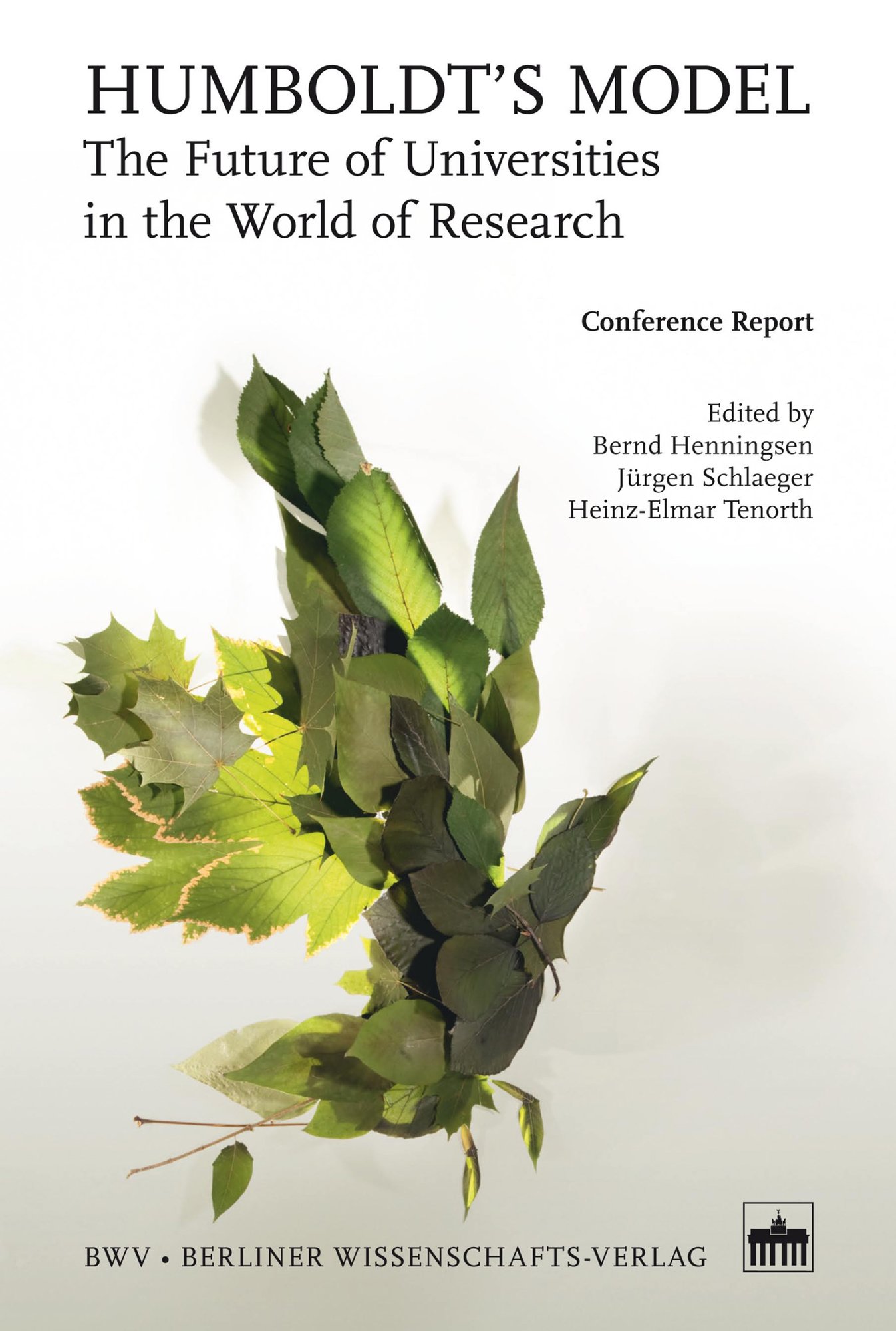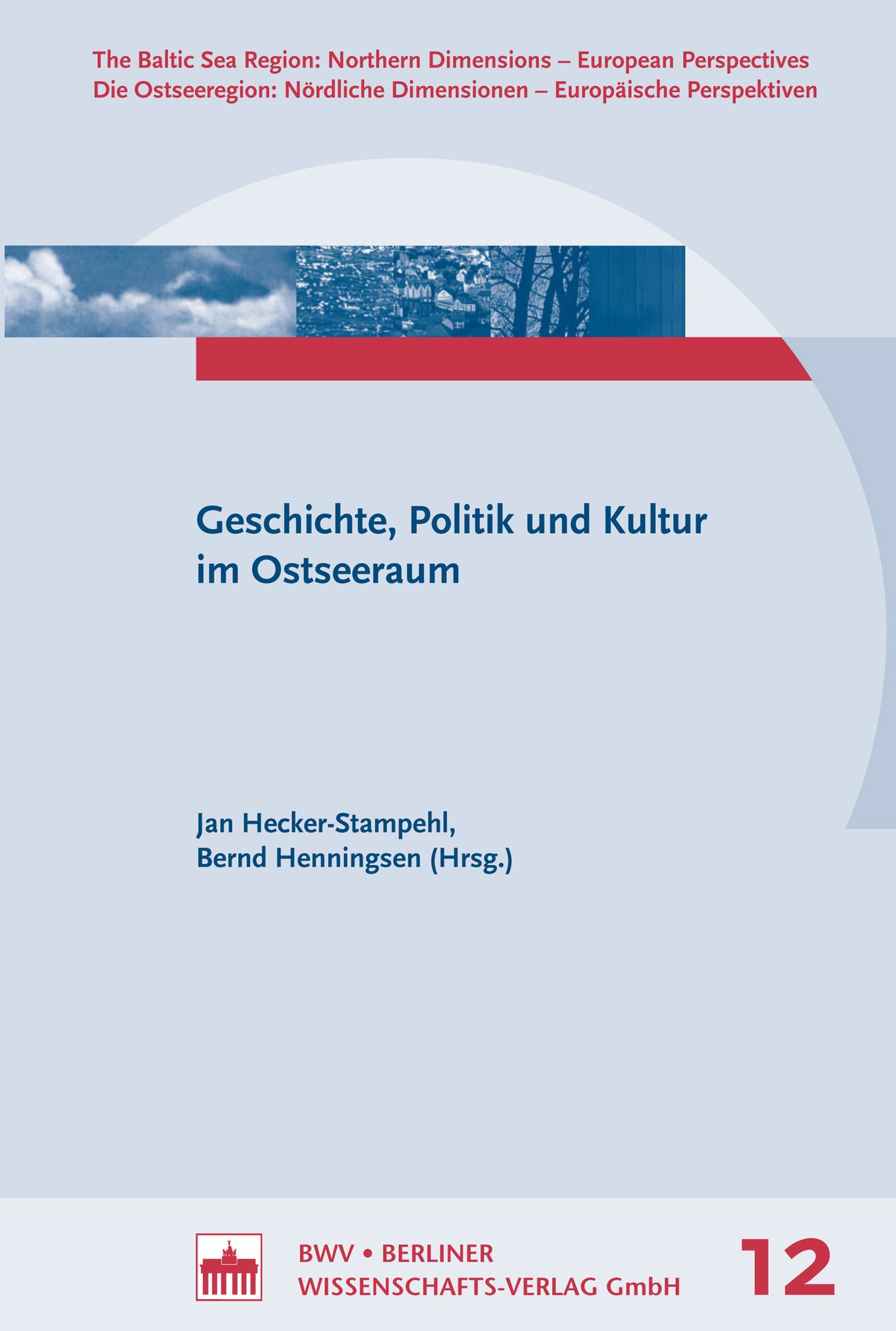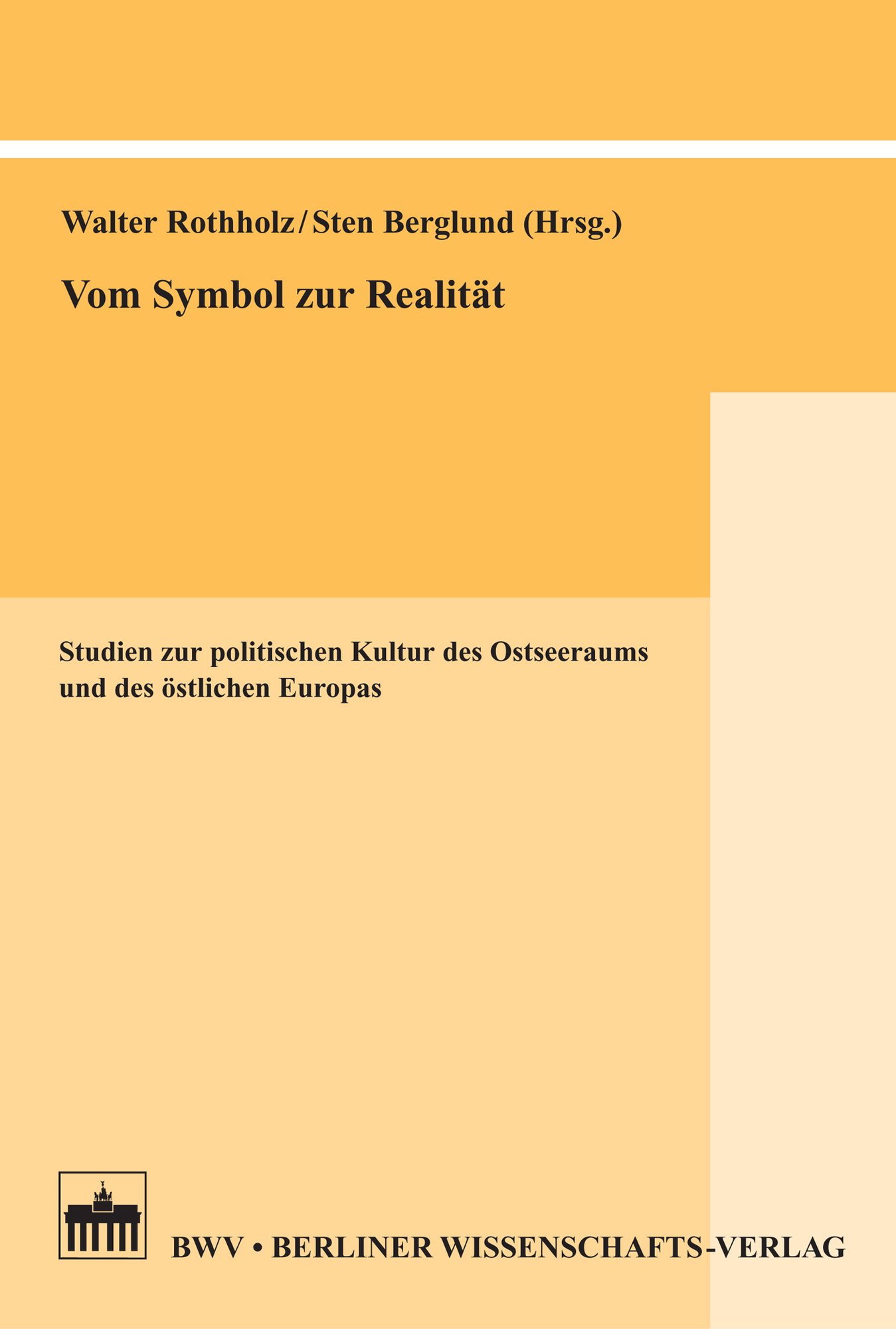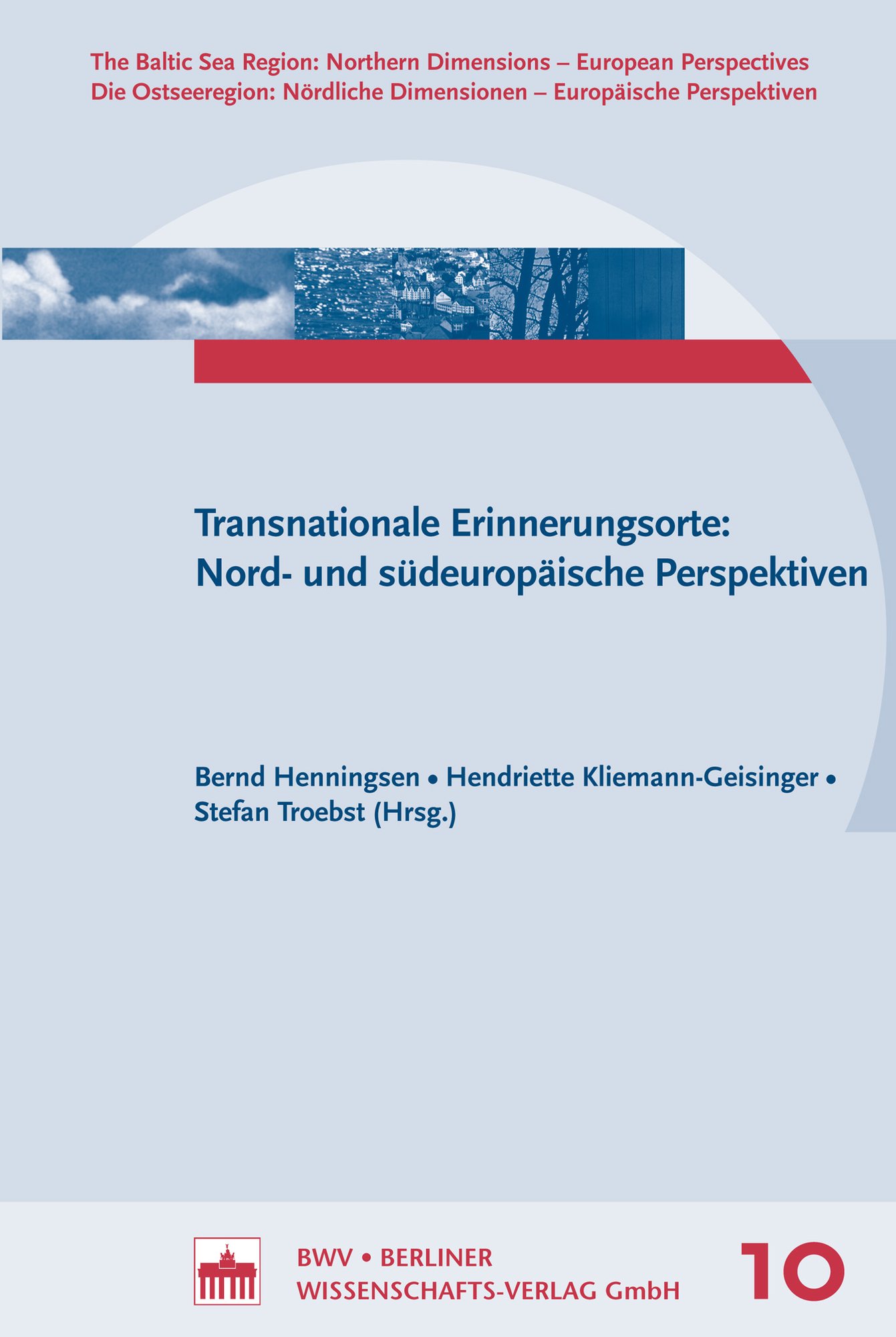Political Culture: Values and Identities in the Baltic Sea Region
Political Culture: Values and Identities in the Baltic Sea Region
Reconciling the diversity of political cultures, values and national identities with the European integration project is one of the most fundamental challenges contemporary Europe is facing. This challenge is readily apparent in the Baltic Sea region with its mosaic of peoples, cultures and identities. The impact of the ongoing process of European integration on the post-Communist societies on the Eastern rim of the Baltic Sea is indisputable. The negotiations between the European Union and the East European candidate countries were in fact accompanied by a large scale transfer of organizational models and administrative routines designed to protect human rights and promote democracy. But European integration is just one of the challenges confronting countries, which are also engaged in state- and nation-building as well as democratic consolidation. The countries on the Western rim of the Baltic Sea have also been exposed to the increasing pressure of globalization and European integration. The three former Soviet republics of Estonia, Latvia and Lithuania have been up against yet another challenge. After almost half a century of Soviet tutelage, they now have to engage in independent state- and nation-building. Theoretically, this made Baltic democracy particularly fragile. Yet the Baltic countries have also passed this litmus test. This book may in fact be seen as a tribute to the Baltic democracy. It is different from the democracy in the Nordic countries; it is different from the democracy in neighbouring Central Europe, but it is readily apparent that we are dealing with variations on a common theme.
| Band | 8 |
|---|---|
| ISBN | 978-3-8305-2671-1 |
| Medientyp | E-Book - PDF |
| Auflage | 1. |
| Copyrightjahr | 2011 |
| Verlag | Berliner Wissenschafts-Verlag |
| Umfang | 207 Seiten |
| Abbildungen | 26 s/w Abb. |
| Sprache | Englisch |
| Kopierschutz | mit digitalem Wasserzeichen |
